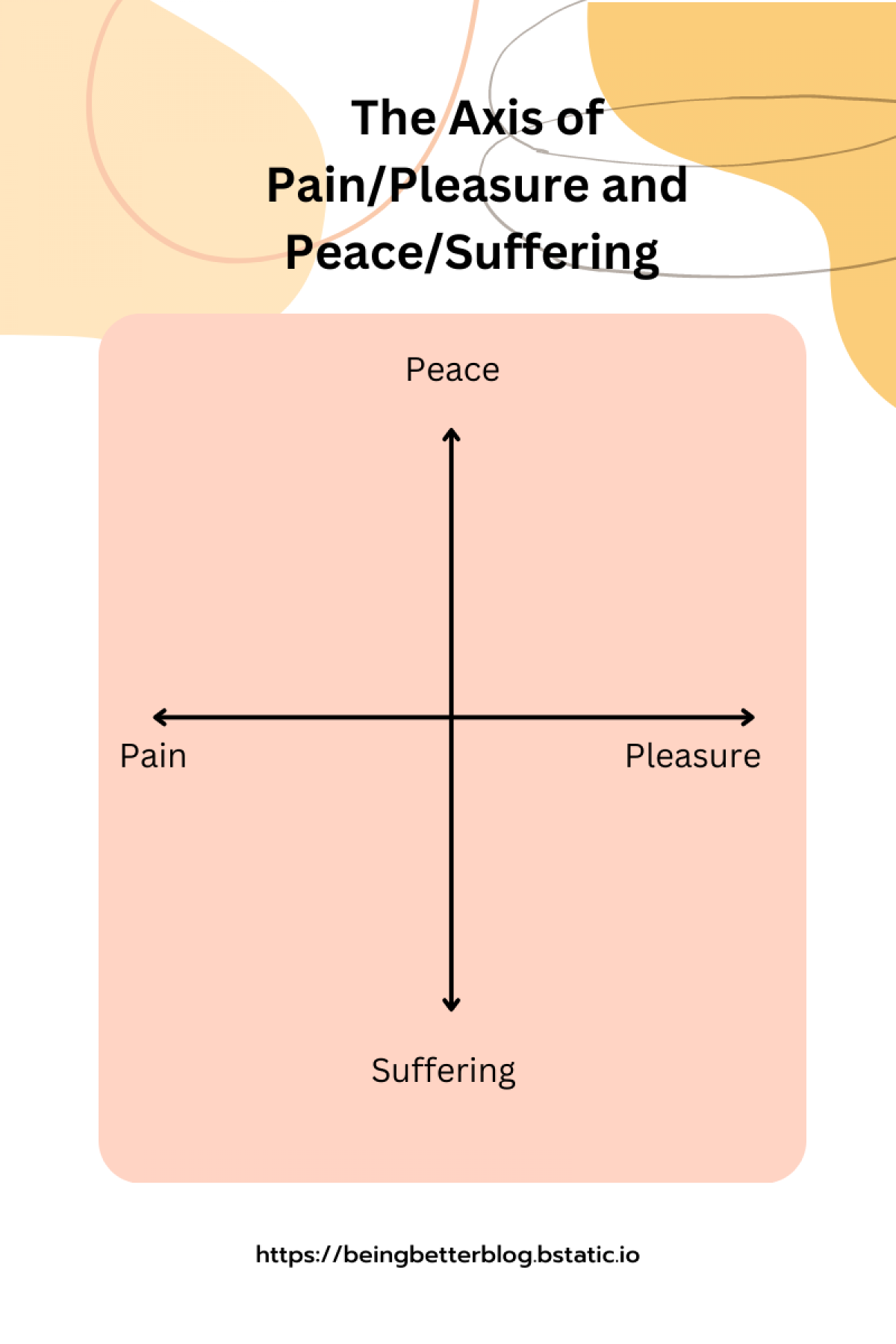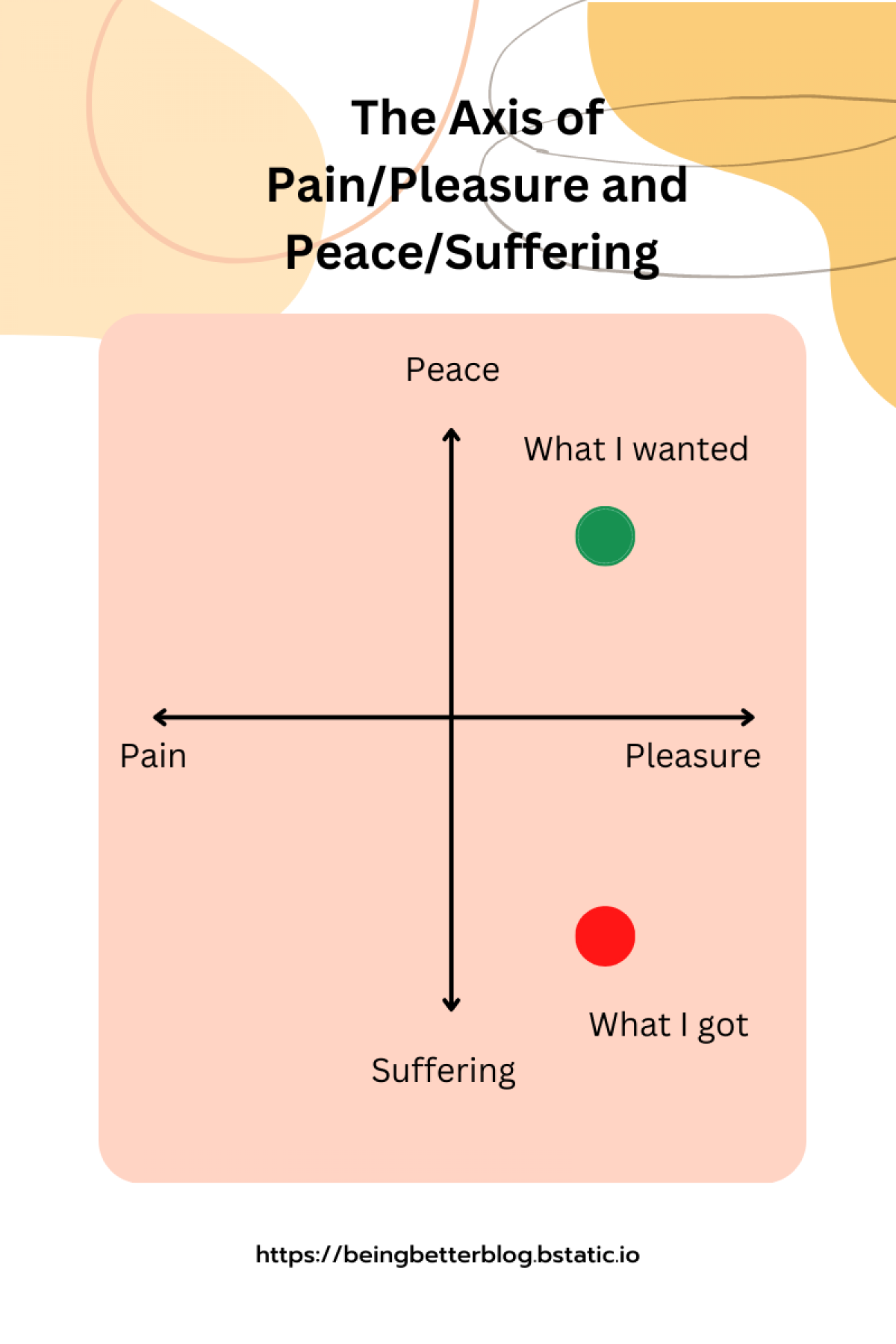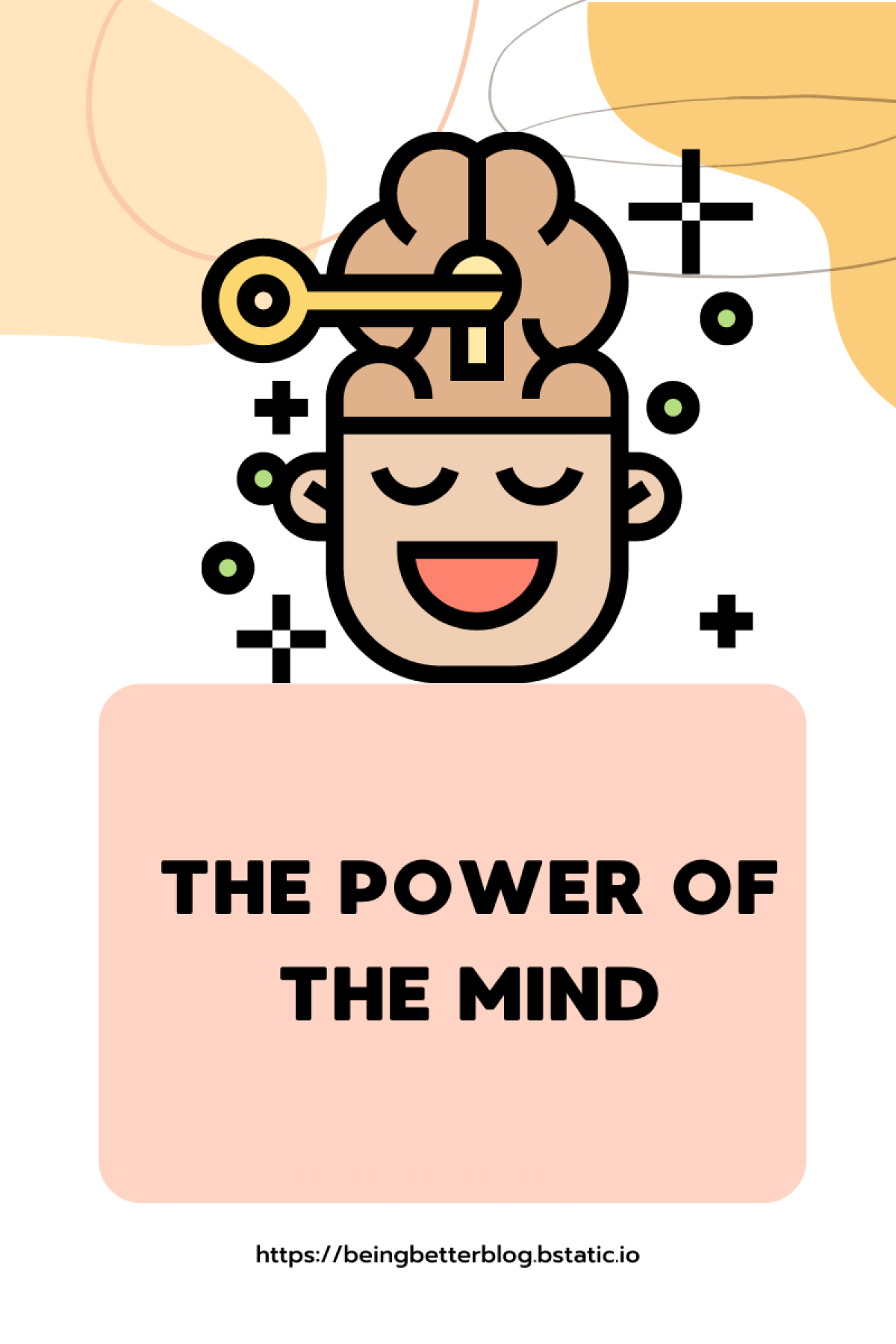It's a common platitude that reliance on willpower doesn't work long-term. Essentially, trying to accomplish a goal by sheer will focuses on personal efforts to overcome an obstacle. The issue is that willpower, like motivation ebbs and flows based on what's happening to us and how we feel.
Usually, at this point in the discussion, you'll hear some platitude to the effect that discipline takes over where motivation (willpower) fails. But notably absent from these sayings is how one transcends willpower and uses discipline to make enduring changes.
I agree that humans cannot likely rely on willpower alone, but how do we transcend willpower in order to meet our goals?
I've been returning to this video from Dr. K. With Health Gamer recently.
While it's titled "How To Start to Find Purpose in Your Life" the content of this video applies to this post because he discusses how fluctuations in our thoughts and moods affect our desires and offers strategies to mitigate this phenomenon.
He states that "fluctuations of the mind" (desire) and our feelings regarding these desires impact the level of contentment we have in our life. Finally, he describes how you can use detachment to free yourself from the impacts of your desires.
I found this topic applicable to my current situation. (If you're new here, I'm pursuing a goal of paying off 67k in consumer debt within the next 5 years). I have struggled to contend with thought patterns that tempt me to fall back into old spending habits.
For example, the day before this writing, I was sitting at home listening to my partner play D&D with his friends over Zoom. I noticed that I found myself feeling lonely and bored. As my mind was preoccupied with these feelings, I started to consider taking a trip to a restaurant I frequent to buy comfort food and pass the time near other people.
This desire provoked anxiety in me because it was contrary to my goals. In fact, as of right now, I don't have any money delegated to restaurant spending, so if I gave in to this impulse, it would incur additional debt.
Dr. K. says that peace, happiness, and contentment come from the cessation of fluctuations of the mind. "Fluctuations of the mind" refers to feelings like boredom, dislike, unhappiness, or other sensory impressions, thoughts, or emotions that set off a tidal wave of thinking that pulls your brain in many different directions.
To break this down, I'll use my example from above; before dedicating myself to self-improvement, the scenario would have played out like this:
Desire: I want to go to a restaurant for food and amusement even though I don't have the money. This desire invokes a feeling of turmoil and guilt regarding how the action doesn't align with the goals I have for myself.
Action: Go to the restaurant
Outcome: Negative feelings regarding engaging in harmful behavior, more fluctuations of the mind, and more cravings to engage in the same behavior because I reinforced the feedback loop.
Fulfilling the desire did not make me happy
Getting out of this loop
Dr. K. says you get out of this loop by cultivating internal enjoyment through detachment.
What is detachment?
Detachment means complete acceptance; it means not being tied to a certain outcome. Detachment is achieved by realizing the driver of our inner turmoil is our own thoughts.
In my example, what was causing the pain and strife I was experiencing? It was my inability to tolerate feeling lonely and bored.
Dr. K. says that we need to understand that the nature of the mind is to fluctuate and we cannot assume or expect to be happy or content 100% of the time. In fact, he's not the only professional to make that claim; scientists refer to the observed tendency of humans to quickly return to a relatively stable level of happiness despite major positive or negative events or life changes as the hedonic treadmill.
The conclusion to be drawn here is that it doesn't matter if you give in to every desire, win the lottery, or lose everything you ever owned; eventually, you will return to the same level of happiness as before.
Achieving detachment means you are no longer looking for a dopaminergic hit to deal with desires. Detachment is accepting that you don't have to let your mind dictate your actions.
Cultivating Detachment
Now that we know what detachment means, Dr. K . offers some thoughts and ideas to cultivate it. He recommends considering what he calls the Axis of Peace/Suffering and Pain/Pleasure. This Axis gives us a framework to evaluate our choices and determine whether the option is sufficient to address the problem. It looks like this:

Applying this framework to my previous example:
Trigger: Feeling lonely and bored
This feeling falls along the Peace/Suffering continuum.
Desire: I want to go to a restaurant for food and amusement even though I don't have the money. This desire invokes a feeling of turmoil and guilt regarding how the action doesn't align with the goals I have for myself.
This desire falls within the Pleasure/Pain continuum. The desire (to seek comfort in food in surroundings) is a pleasure-seeking behavior. The turmoil comes from the internal feeling that engaging in the behavior does not align with my financial goals- which means that engaging in the behavior increases my suffering.
Action: Go to the restaurant
Outcome: Negative feelings regarding engaging in harmful behavior, more fluctuations of the mind, and more cravings to engage in the same behavior because I reinforced the feedback loop.
The negative feelings are rooted in my engaging in a pain/pleasure continuum "solution" to a peace/suffering problem.

This axis has been a breakthrough for me- I realize the futility of engaging in pleasure/pain solutions expecting that it will somehow improve a peace/suffering problem.
Knowing that giving in to desire will not increase our contentment, we must learn to ignore our mind's wishes. Dr. K. states that with practice in ignoring our desires (for example, telling our brain "Not today"), our brains will, over time, fight these negative feelings, and our feelings of peace will increase.
A common theme of my self-analysis is that much of self-improvement is rooted in thoughts and reactions to those thoughts, not behaviors.
My goal for the coming weeks will be to implement the "not today" strategy to distance myself from my impulses.


